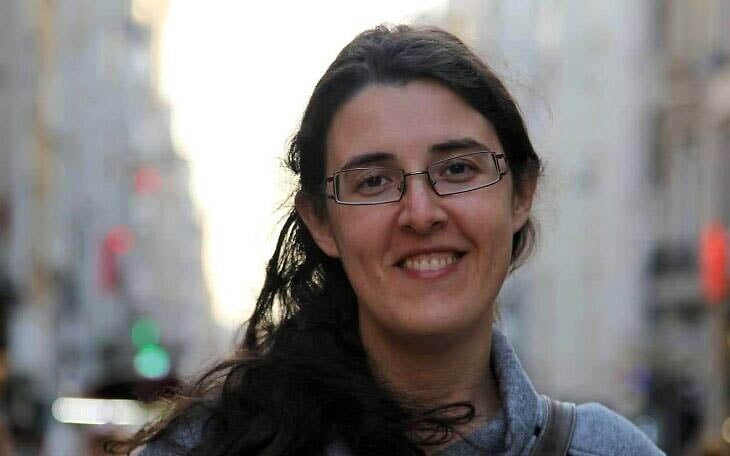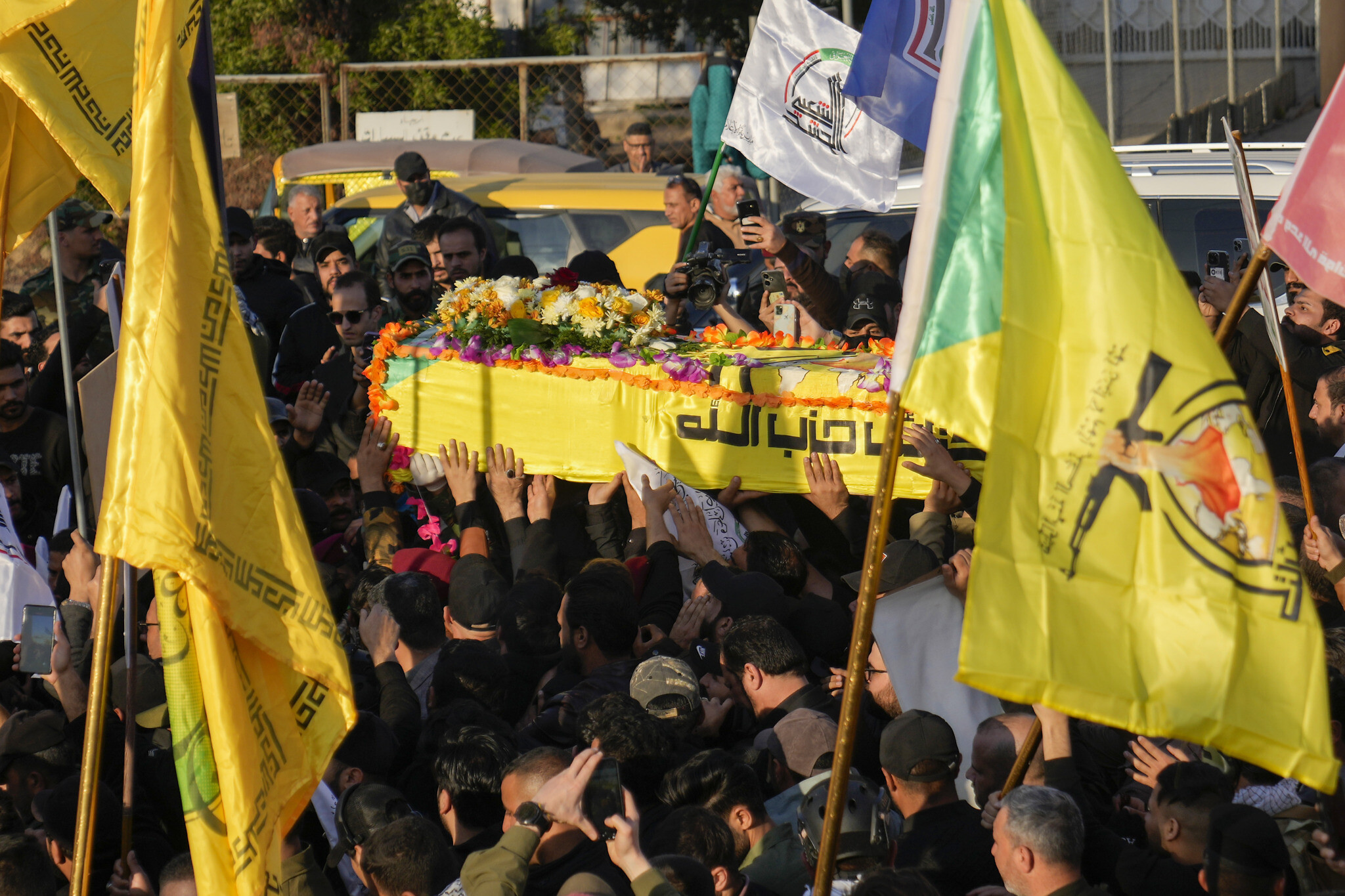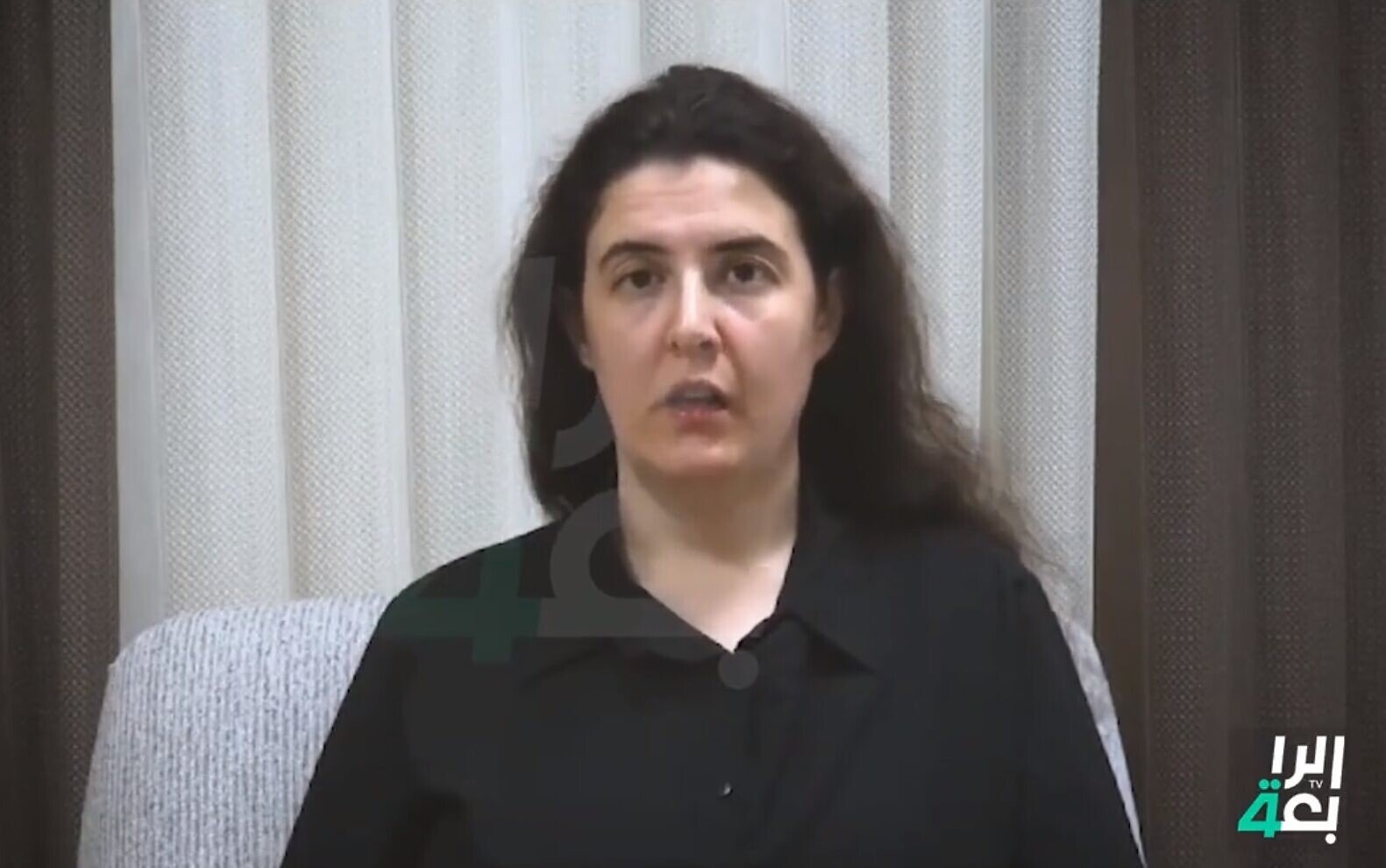


Elizabeth Tsurkov, the Israeli-Russian researcher who was held for two years by a Shiite militia in Iraq and released last month, on Tuesday recounted being in captivity when Hamas attacked Israel on October 7, 2023, and lamented the “horror” that Palestinians in Gaza have since faced.
“On this day two years ago, I was detained in my second prison at the Popular Mobilization Forces camp,” she wrote in Arabic on X.
Tsurkov was held by Kataeb Hezbollah, an Iran-aligned militia.
“The guards from ‘the Brigades’ turned up the volume on their television so I could hear the news from behind the walls about the October 7 operation.”
“From the news I overheard from channels supportive of Iran’s axis, I thought the operation targeted only military sites because the broadcasters mentioned ‘prisoners’ (not ‘hostages’) and talked a lot about ‘soldiers.’”
The Hamas-led invasion from Gaza — which took several days for Israeli forces to finish off — involved thousands of terrorists, who killed some 1,200 people, most of them civilians, and took 251 hostages, amid acts of brutality and sexual assault.
Tsurkov said that, watching news of the attack, her captors were “overjoyed.”
But, she said: “I knew a catastrophe would befall Gaza and its people, though I could not imagine the scale of the violations and their horror.”
The researcher noted a Hebrew-language interview from July with the wife of former IDF chief of staff Herzi Halevi, who led the military when the attack happened. As her husband left their home early that morning, she recalled him telling her, “Gaza will be destroyed.”
Tsurkov wrote: “May God grant relief to the people of Gaza and to the starving, injured, and exhausted hostages.”
“All of them are paying a heavy price for the decisions of leaders who care about staying in power and are indifferent to their fate,” she added.
Tsurkov’s post was met with critical replies, as some users questioned what she was doing in Iraq and where her loyalties lie. She clarified that she had entered the country on her Russian passport and explained what she was studying, providing links to previous research.
When one user asked: “Regardless of the passport, are you Russian or Israeli?” the researcher responded: “I have two nationalities and I am opposed to both governments.”
Tsurkov also said she would share more about her experience in captivity, including addressing a hostage video released by the US-designated terror group, during upcoming interviews, beginning in the coming days with the New York Times.
Tsurkov, a doctoral student at Princeton University and fellow at the New Lines Institute for Strategy and Policy, went missing in Iraq in March 2023. She was abducted as she was leaving a cafe in the Iraqi capital’s Karrada neighborhood, an Iraqi intelligence source told AFP in 2023.
Upon her release last month, she thanked US President Donald Trump, as well as several members of his administration who were involved in securing her release. She also thanked Gal Hirsch, Israel’s hostages and missing persons coordinator. Notably, she did not thank Prime Minister Benjamin Netanyahu.
Israel was said to have had very little to do with freeing her, and The Times of Israel reported following her release that without the intervention and pressure of the US administration, she might have remained in captivity in Iraq for many more years.




